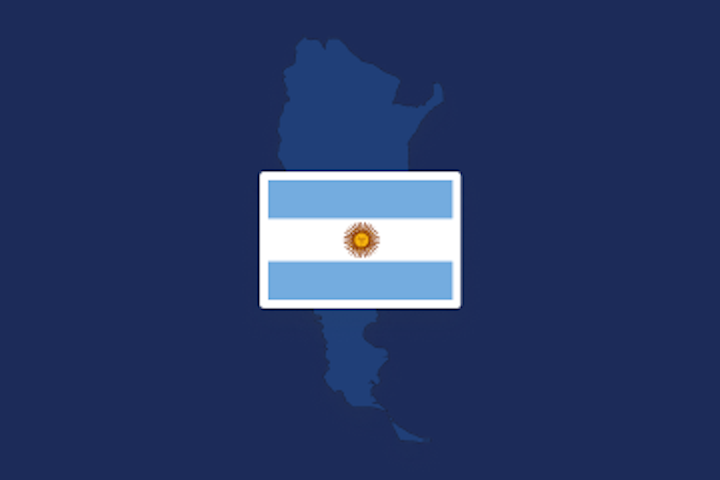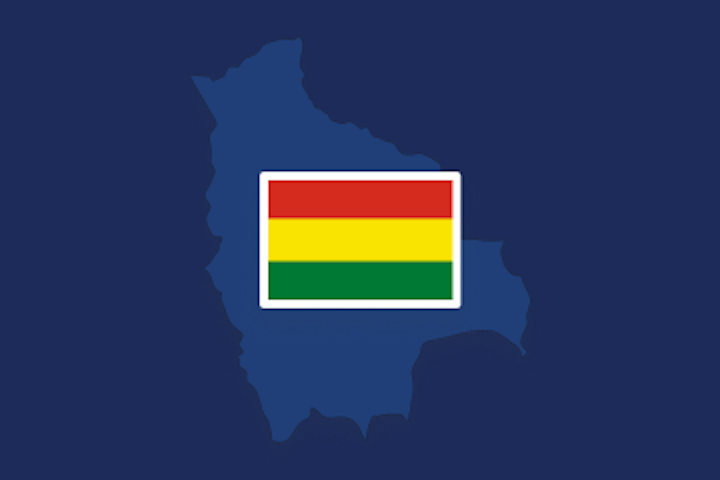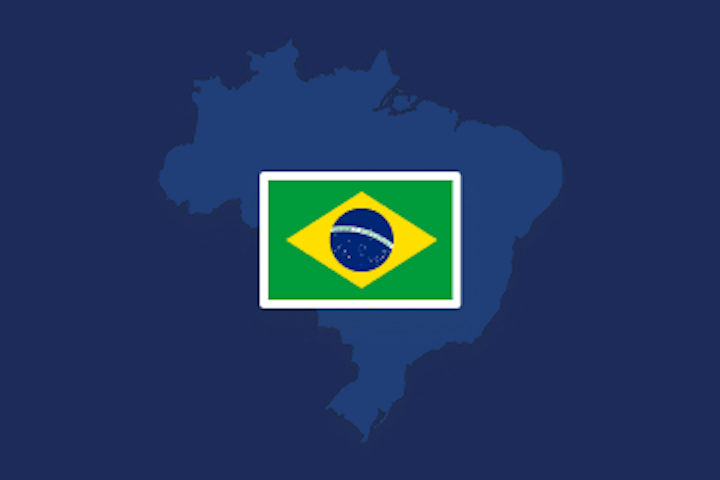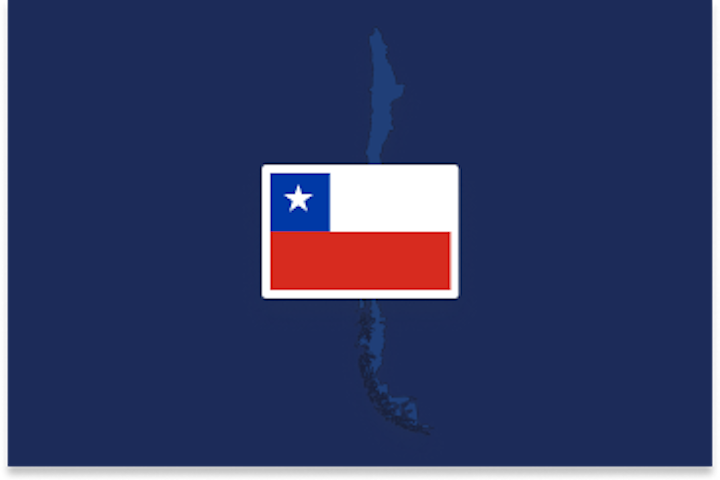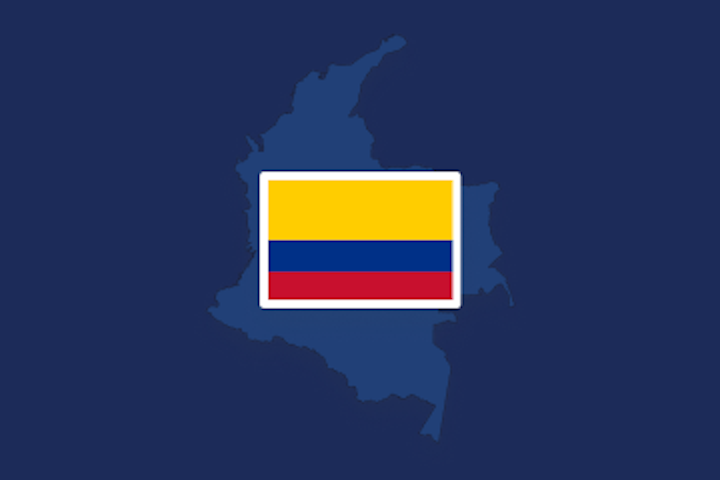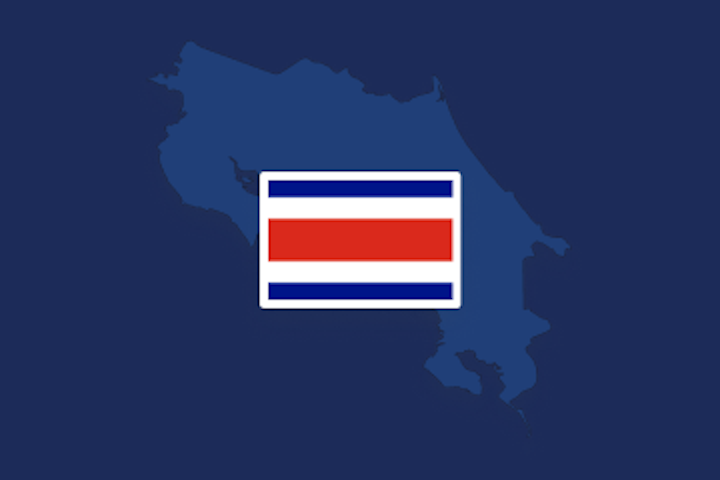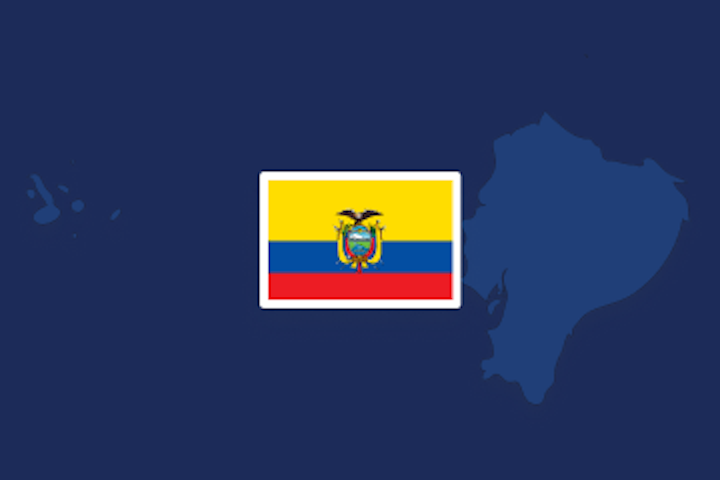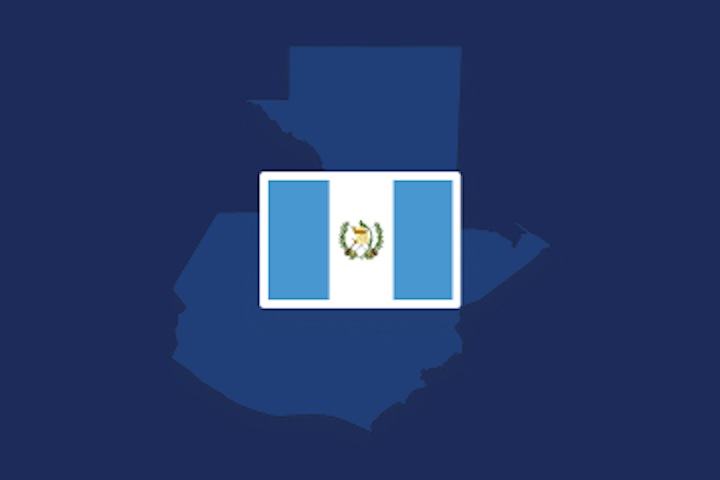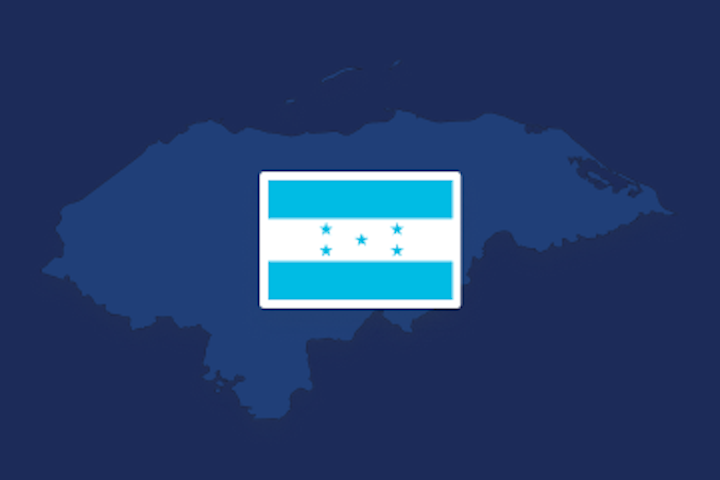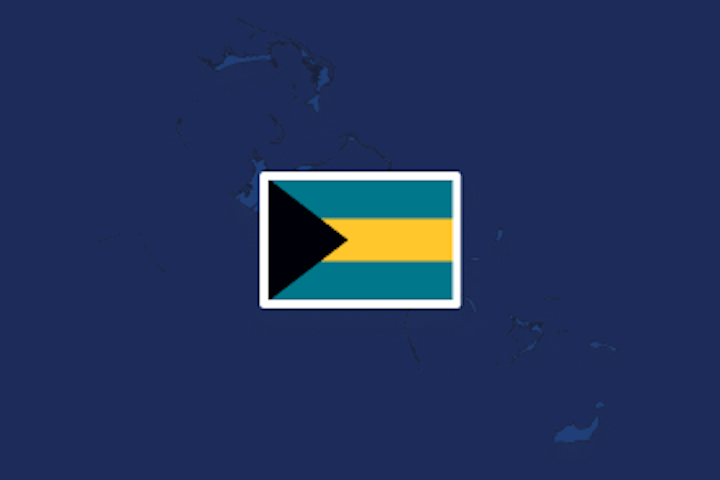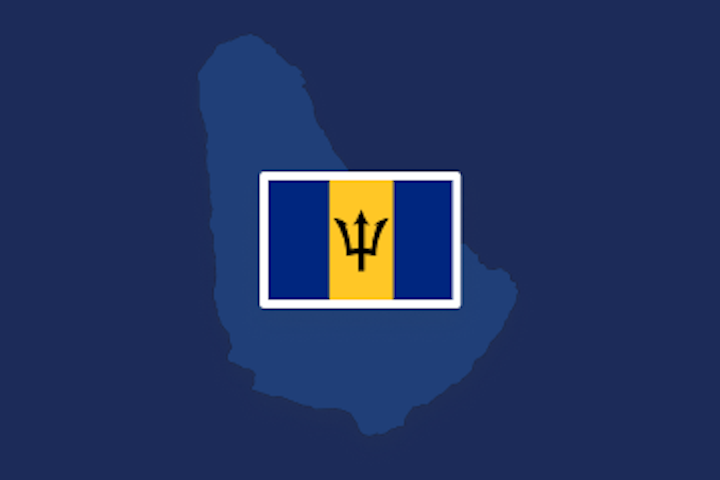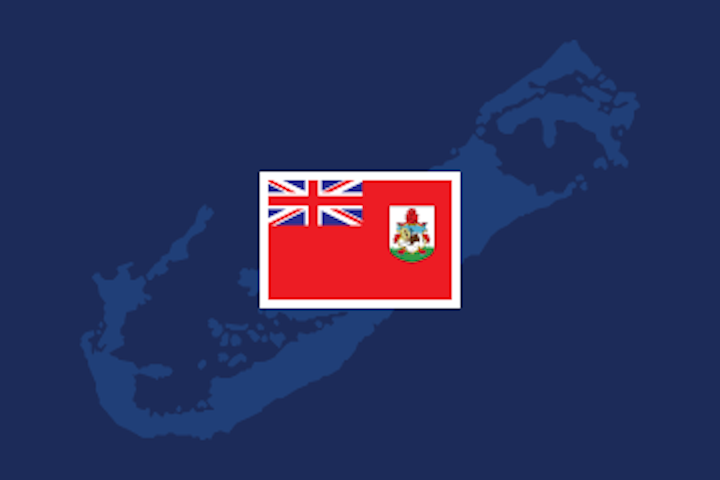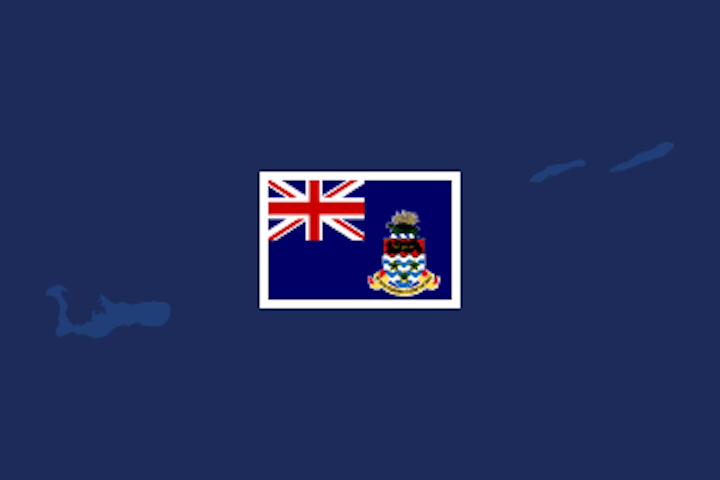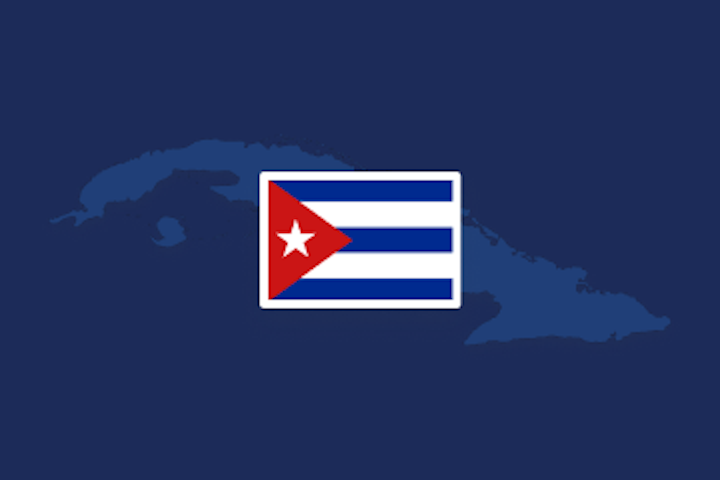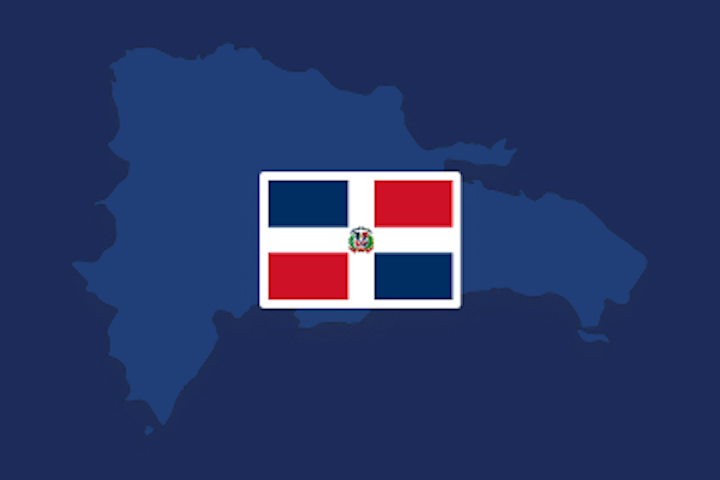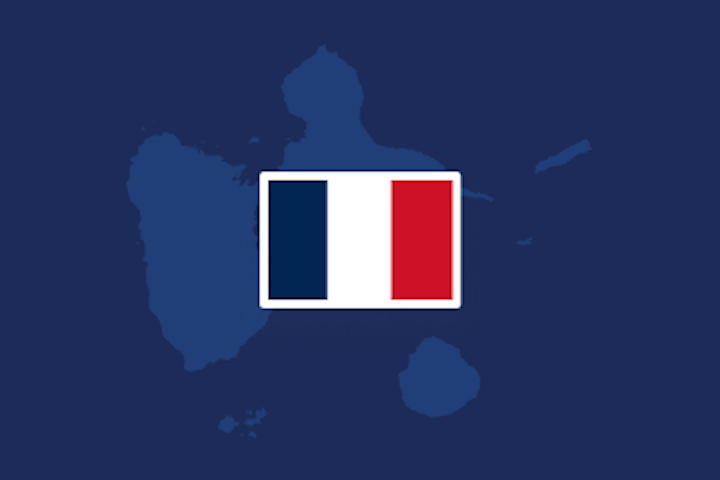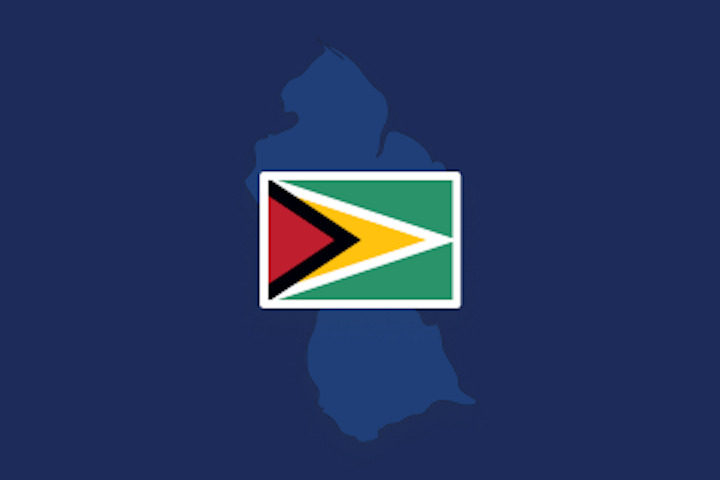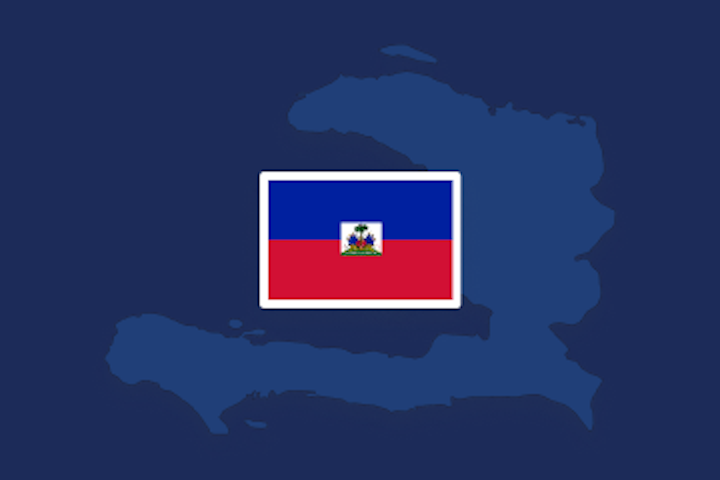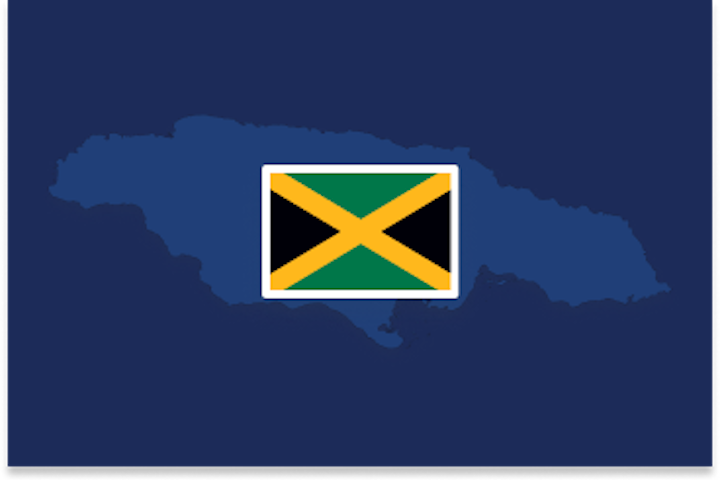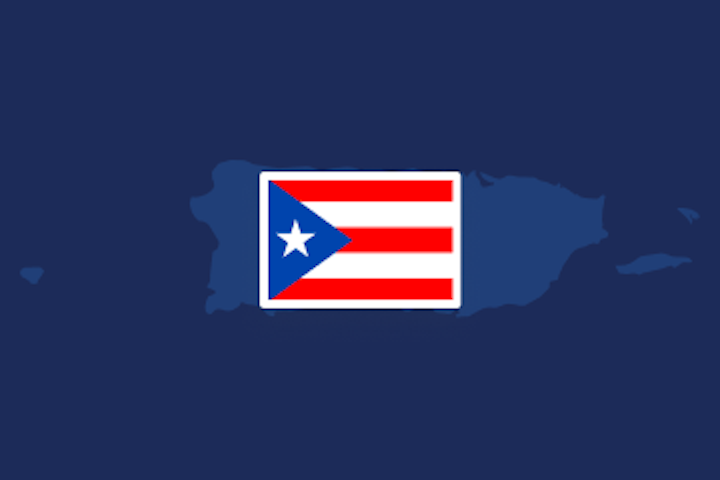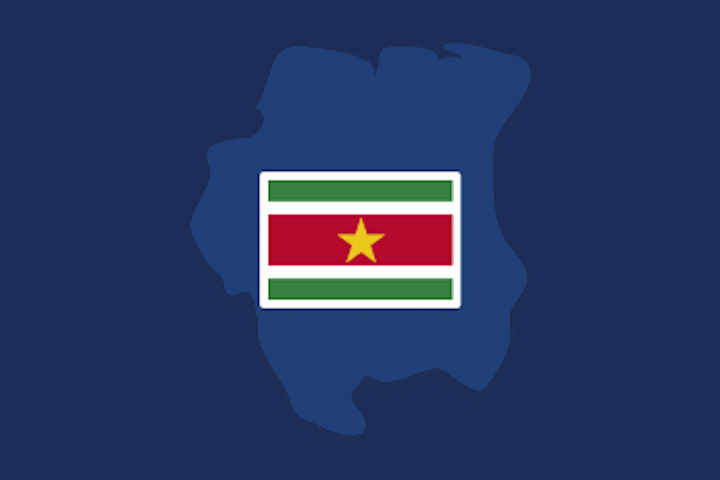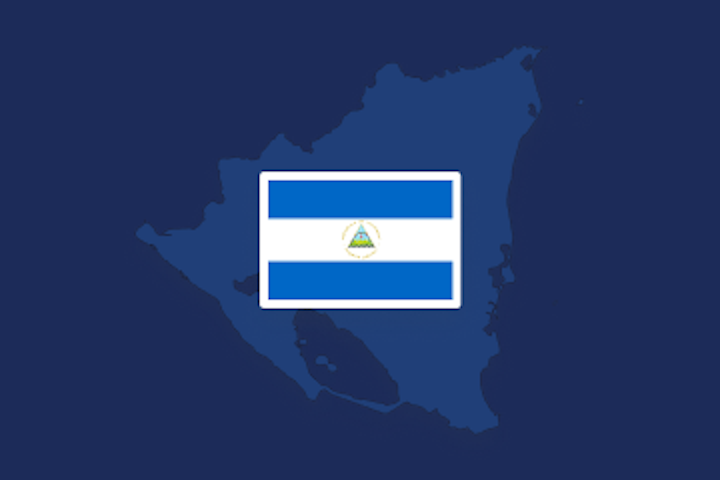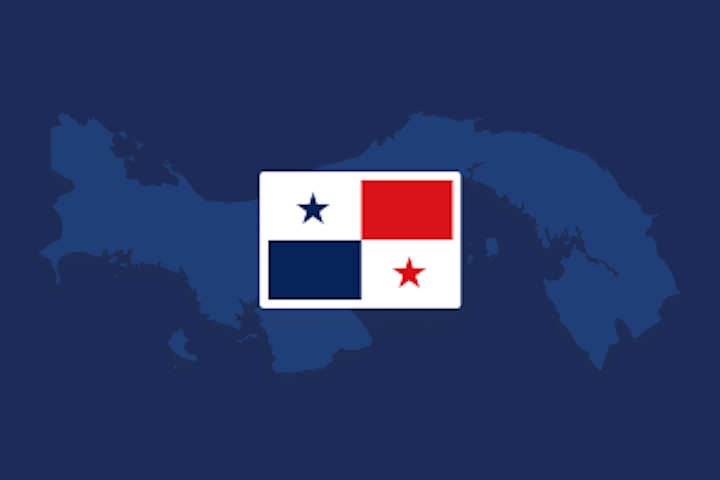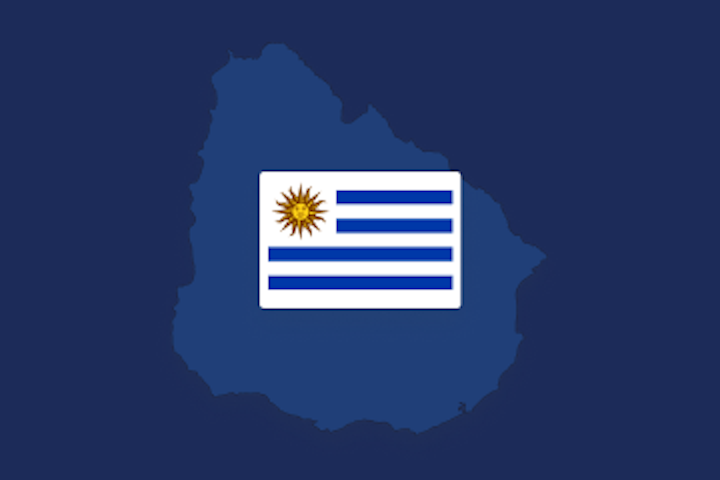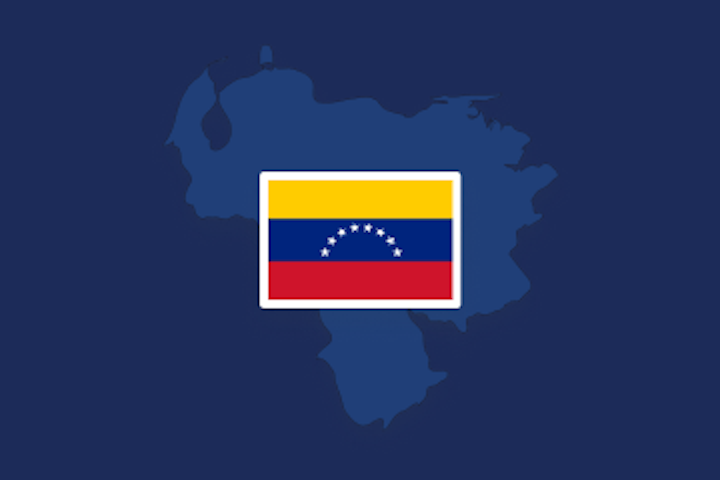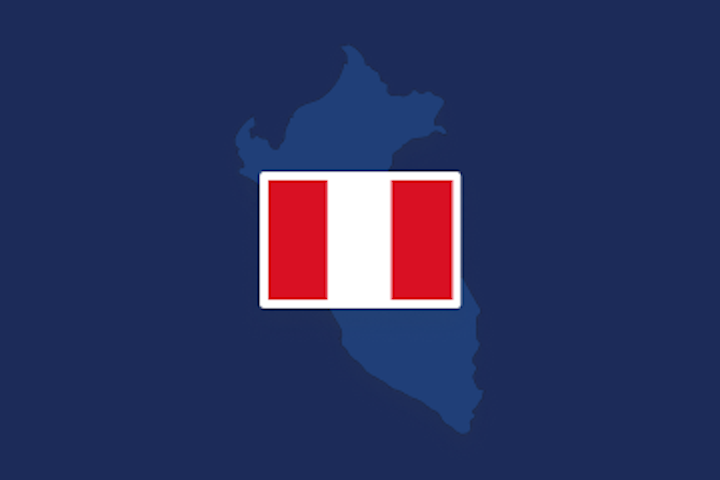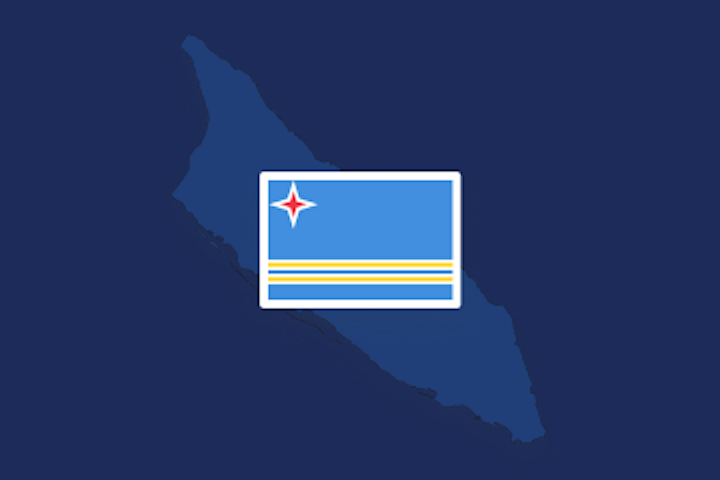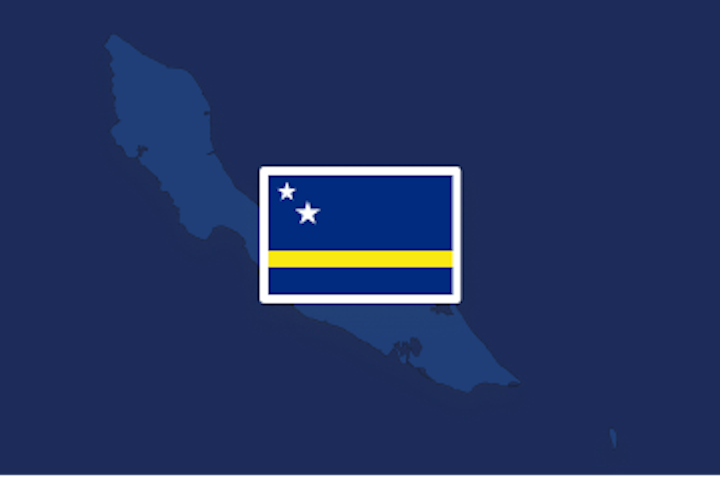El Salvador is home to about 100 Jews. Even though it's small, the community makes every effort to maintain Jewish traditions and religious life. In the past couple of decades, the Jewish community in El Salvador has strengthened steadily. The Jewish community of El Salvador is represented by the Comunidad Israelita de El Salvador – the Salvadoran affiliate of the World Jewish Congress.
Telephone: +503 2263 8074
Fax: +503 221 5264
Email: dtor.cies@gmail.com
Community Director: Juan Pablo Ossandon
The first presence of Jewish immigrants in El Salvador dates back to the late 19th century, with the arrival of Alsatian Jews in San Salvador. Except for the occasional transit of Portuguese converts, there was no permanent Jewish community in the country until the early part of the 20th century, when Sephardic Jews arrived via France and settled in the city of Chaluchuapa. In 1909, Alfredo Widawer, who organized religious and community life, conducted the first Rosh Hashanah and Yom Kippur services. German Jews also settled in El Salvador during this period.
The pre-World War II years in El Salvador saw the Jewish community develop a sense of community and slowly engrain itself into Salvadoran life. As Nazism rose in Europe, many members of the Salvadoran Jewish community attempted to help relatives escape from Europe. Some were successful in bringing their relatives to El Salvador, while others were forced to send them to neighboring countries, such as Brazil, Ecuador, Guatemala, and Panama.
After the war, the community built its first synagogue in San Salvador and experienced a relative sense of stability. However, the Jewish community of El Salvador found itself caught in the violence of the Salvadoran Civil War in the late 1970s. Though most Salvadoran Jews had no intention of leaving the country, the kidnapping and subsequent murder of Ernesto Liebes, the Jewish community leader and honorary Israeli Consul, saw many members of the community flee the country. Many emigrated to the United States, Israel, and neighboring Guatemala.
The signing of peace treaties in 1991 led some families to return to El Salvador. However, the impact of prolonged violence has reduced the already small Jewish population. Today, the Jewish community of El Salvador is small but dedicated, with great efforts devoted to maintaining Jewish religious and cultural life.
During the 1930s and early 1940s, El Salvador’s president, Maximiliano Martinez Hernandez, was a fascist sympathizer and fan of Hitler and Mussolini. As a result, El Salvador became troublingly pro-German and then pro-Axis. Trade with Germany was extremely fruitful, and the country diplomatically approved of Italy and Germany’s actions in Franco’s Spain. El Salvador also accepted military assistance from Germany and Italy, and the government’s support of the Third Reich soon became reflected in the general public's support for Hitler and the fascists. These developments were worrisome for the country’s Jews, as well as for the United States.
On July 30, 1939, President Martinez prohibited the entry of 50 Jewish refugees bound for El Salvador on the German ship “Portland.” The refugees had each paid for Salvadoran visas in Budapest and Amsterdam, but upon arrival in El Salvador, the visas were declared "fraudulent" and the refugees were returned to Germany.
As the war progressed, President Martinez reversed his earlier Axis sympathies and became publicly supportive of the Allies. This was largely a result of economic and political pressure, and in 1941, after the bombing of Pearl Harbor, El Salvador declared war on the Axis powers.
El Salvador has the distinction of saving the lives of tens of thousands of European Jews during the Holocaust through diplomatic efforts. One notable Jew is George Mantello, the First Secretary/Honorary Consul of the Salvadorian consulate in Geneva, who issued smuggled Salvadorian protective papers to endangered Jews, mainly in Hungary. This effort was supported and aided by the Salvadoran Consul General, Colonel José Arturo Castellanos.
Hebrew University demographer Sergio DellaPergola estimated that there were between 100 and 300 Jews, as of 1993. Almost all Salvadoran Jews live in the capital San Salvador.
Despite the small size of Salvadoran Jewry, the community is well organized and structured. The Comunidad Israelita de El Salvador acts as the Jewish communal body in the country, working to ensure that Salvadoran Jews are able to live an active Jewish life. The current Community Center, where all the activities are developed, is located in the San Benito neighborhood, in San Salvador, and is the center of Jewish life in El Salvador. There, the Jewish community has a Beit Hakneset, a library with hundreds of Jewish books, as well as meeting and recreational spaces.
The Jewish community also has social assistance programs, organized by the Tikkun Olam Committee, which is run through the Communidad Israelita de El Salvador.
The country’s only synagogue is located in the community center in San Salvador, and in terms of religiosity, the community is described as "a community that does not stop, is active, participatory, warm, like the climate of the country, very tropical."
Services are largely conducted along the traditions of Conservative Judaism and held every Shabbat, in addition to the major Jewish holidays.
There are several frameworks for non-formal Jewish education for children and young people: the traditional Noar Shelanu, which runs on Saturday mornings for children from four to 15 years old; during the week the youngest group, from two to four years old, gathers; the Gan, for children five and six years' old; Jevre, for children from seven to nine years old; and the Majón, for children from 10 to 12 years old.
For adults, the community offers different educational frameworks organized in the form of courses or conferences. There are also Hebrew classes for adults and Javura for women, which meet to study once a month with the rabbi.
The Comunidad Israelita de El Salvador is associated with the Union of Jewish Congregations of Latin America, which gives Salvadoran Jewish youths an opportunity to connect with other Jews in the area and participate in Jewish youth activities. There are also some activities run through the Salvadoran Jewish community.
The community has a weekly bulletin, Kehilatón, which is distributed in the synagogue on Fridays during Kabbalat Shabbat services. A virtual version of this newsletter, Kehilatón Online, is sent by email to numerous people in different countries around the world.
Israel and El Salvador maintain diplomatic ties, but the Israeli diplomatic presence was interrupted in 2016. Currently, consular matters are carried out in the consular department of the Embassy of Israel in Guatemala.
Consular Department, Embassy of Israel in Guatemala:
13 Avenida 14-07
Zona 10, Oakland
Guatemala, Guatemala
Telephone: (502) 2333 5665
Fax: (502) 2333-6950

